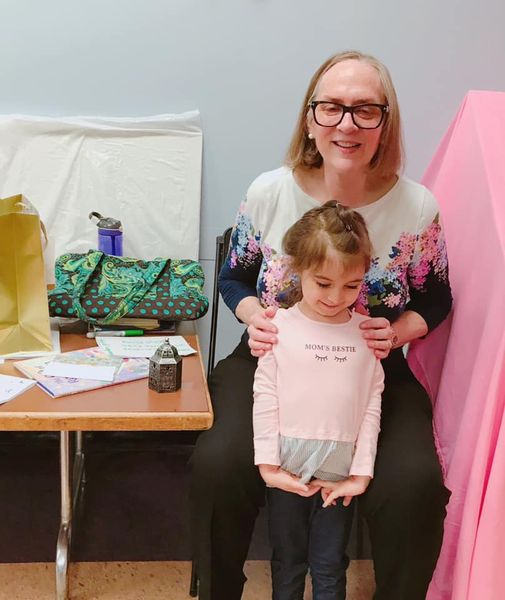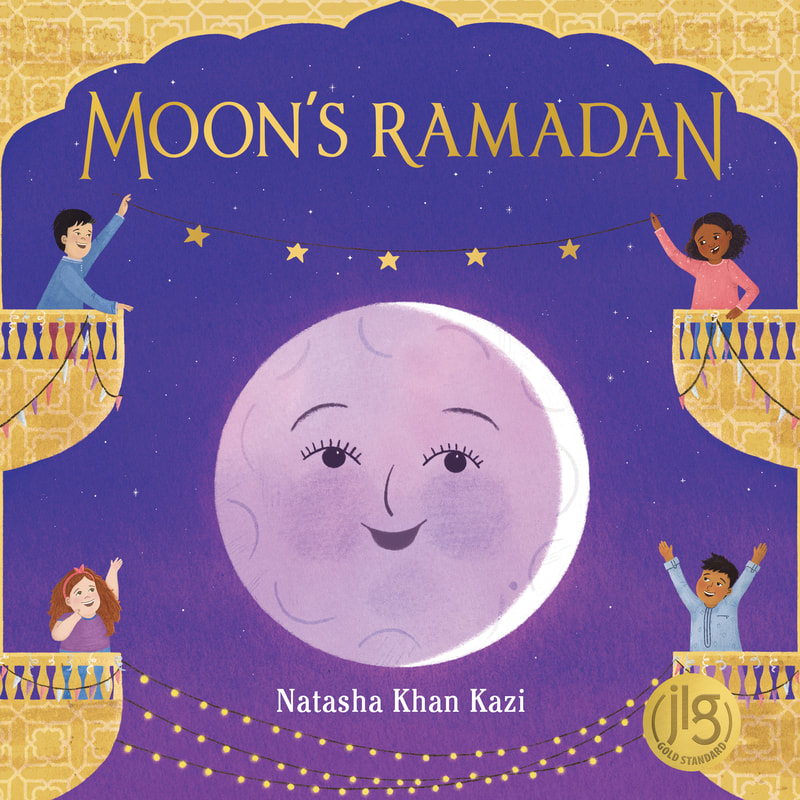 A month before Ramadan, a buzz begins in the online Muslim American parenting forums. Parents are divided into two categories, parents preparing to share Ramadan with their kids’ classrooms/libraries and parents who are facing resistance. I recently received an email from a parent in the latter group. "Hello, This is X. I am a mom of three girls. I really got so inspired by your webpage. We live in Texas, and recently I contacted a local library in my neighborhood about decorating a corner of the library for Ramadan. At first, the lady was very positive, but afterward, I was informed that they could not let me do that because it is a religious activity…Please let me know how I can approach this issue. I just want my kids to feel proud of their identity…" It is difficult to read messages like these. Thankfully, there are also educators and librarians that see the bigger picture. Teaching kids about Islamic holidays prepares them for our increasingly globalized world and nurtures empathy. And when Muslim children share their identity with their community, it positively impacts their self-esteem. This mutual understanding benefits all. There are almost two billion Muslims worldwide, and it is the second-largest religion. Educating children about Islamic holidays prepares them to be global citizens. In sixth grade, I went to a predominantly White public school in a two-stoplight town in Pennsylvania. Diversity was not a part of the curriculum and I would often find myself defending Islam and other minority groups. Ten years later, I learned a classmate from this small town was working in Afghanistan. I couldn’t help but wonder if understanding Islam earlier in life would have better prepared him. Educating children about Islamic holidays nurtures empathy. On Sesame Street, Mark Ruffalo tried to explain empathy to Murray: Mark: “Empathy is when you’re able to understand and care about how someone else is feeling.” Murray: “Oh right, that’s what empathy is! [Pause] I don’t get it.” This interaction is so honest! Empathy is not something one “gets.” It is felt. Adults teach children empathy by role-modeling and caring about experiences that are not their own. And inclusivity is an important tool for building empathy. In western culture, Valentine’s Day, St. Patrick’s Day, and Easter mark the beginning of the year. Most western holidays are rooted in the Christian tradition; as a culture, we are not great at bringing visibility to minority communities. Sharing traditions beyond the Gregorian calendar helps children understand the experiences of those unlike themselves. Educating children about their Muslim peers positively impacts the self-esteem of our Muslim children. Research shows that a lack of representation can lead to negative psychological outcomes for those with identities that are underrepresented or negatively portrayed (Tukachinsky, Mastro, & Yarchi, 2017). Incorporating the traditions of minority groups is critical to having them feel seen, heard, and respected. And only through this mutual understanding can diverse communities genuinely understand each other and build friendships based on positive relationships of trust. I share an example of this (from the earlier referenced Muslim parenting forum), “This Ramadan, my daughter looked at the holiday section at her local library and said, “Mommy, how come there aren’t any books about Ramadan here?” Sure enough, there were a few—but quite meager in comparison to the Christian, Jewish, Halloween, and other holidays that filled several sections of bookshelves. This year we decided to do something about it and donate a Ramadan book to this library…Her teacher (Mrs. Karen) looked at us with tears in her eyes and embraced us. “I love you both, and you are important members of our community. Muslim children and all families should feel comfortable and welcome when they come here.” She even asked if I would send her a list of suggested Ramadan books to add to their collection. I was not expecting to get emotional, but her positivity and genuine compassion touched my heart. I realized the impact of what a small and humble act of kindness can do in addressing a simple need for our community’s growth…” Photo credit: Anisa Diab Pictured: Mrs. Karen and Jennah As educators prepare their programming this month, I hope they role-model empathy, prepare our children for a global community, and most importantly, create space for Muslim children to feel seen and welcome during Ramadan. Teachers and librarians who feel it (not just get it) are watering the seeds of unity.
Comments are closed.
|
Archives
July 2024
Categories
All
|


 RSS Feed
RSS Feed



